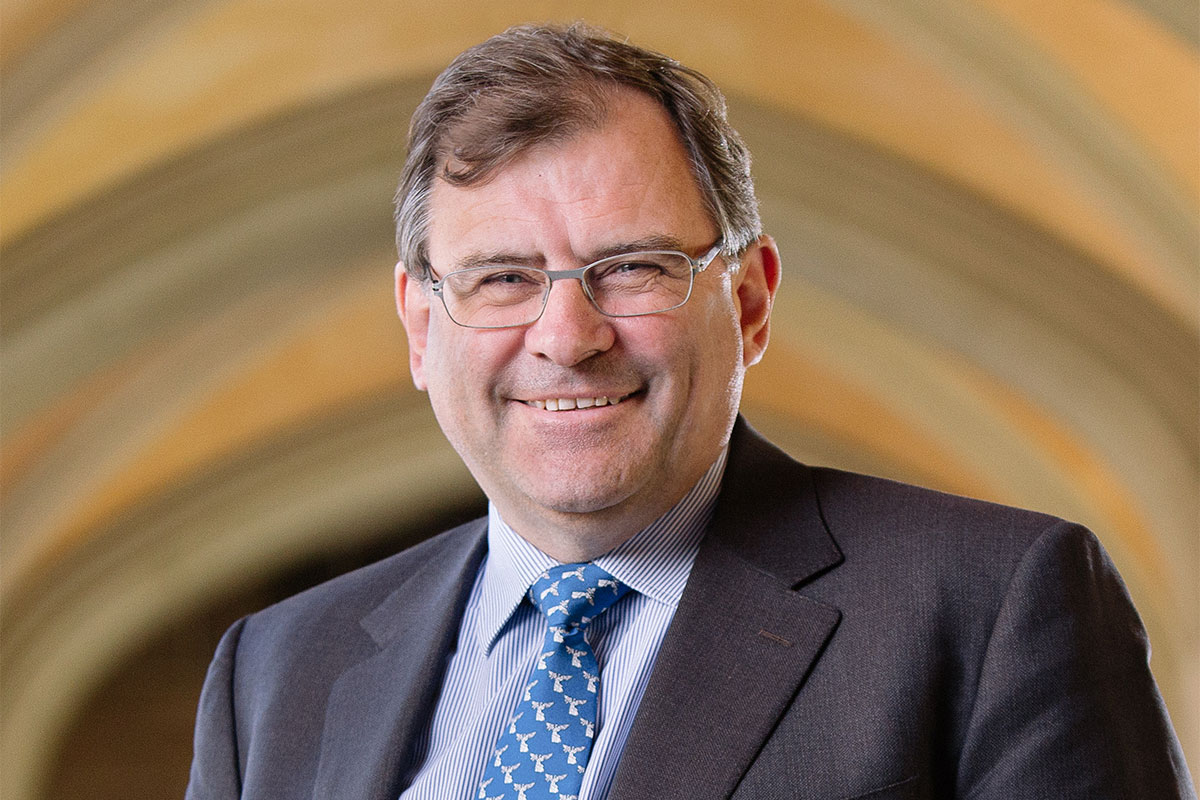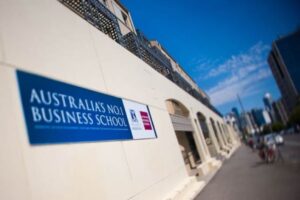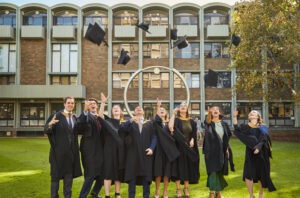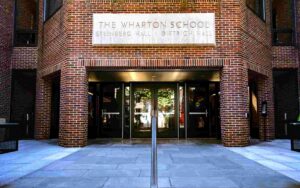University of Melbourne Vice Chancellor Duncan Maskell has spoken out last week in support of free tertiary education.
“One of the most important radical changes that could be made to facilitate this would be once more to make education free to the Australian domestic student,” Maskell said to staff and students.
He joins a growing chorus that seeks to reform higher education policy with an aim to increase equitable access to tertiary study. Cost of education is front of mind for existing HECS-HELP balance holders who were slugged with a 7.1% indexation hike earlier this month.
Professor Maskell’s progressive views belie his status as the highest paid Vice Chancellor in Australia, with remuneration equivalent to over 20 times the national average at $1.5 million including benefits.
“What we have done by normalising the business of the students paying their university fees, is to entrench in our culture the idea that university education is only of private benefit to individuals – not public benefit to societies,” he said.
“This is a gravely mistaken emphasis.”
Free university education would not be a new policy in Australia, having been abolished in 1989. Its near 15-year run saw an entire generation of Australian graduates’ mortarboards tossed skyward at no out-of-pocket cost.
London-born Maskell was the beneficiary of a scholarship to Cambridge University, praising the advantages that free education offered him during his studies.
“Coming from my background, that if I had been required to take out a loan I would not have gone to university. I suspect that the prospective burden of significant debt is still a big factor in people choosing not to go to university.”
Recent analysis by IRU revealed a 25,000 shortfall in university enrolments from low socioeconomic (SES) backgrounds ahead of the 2030 target of 20%. Just 7% of total enrolments at University of Melbourne in 2021 were from low SES backgrounds, only edging in ahead of Canberra (6%), Bond (6%) and ANU (3%).
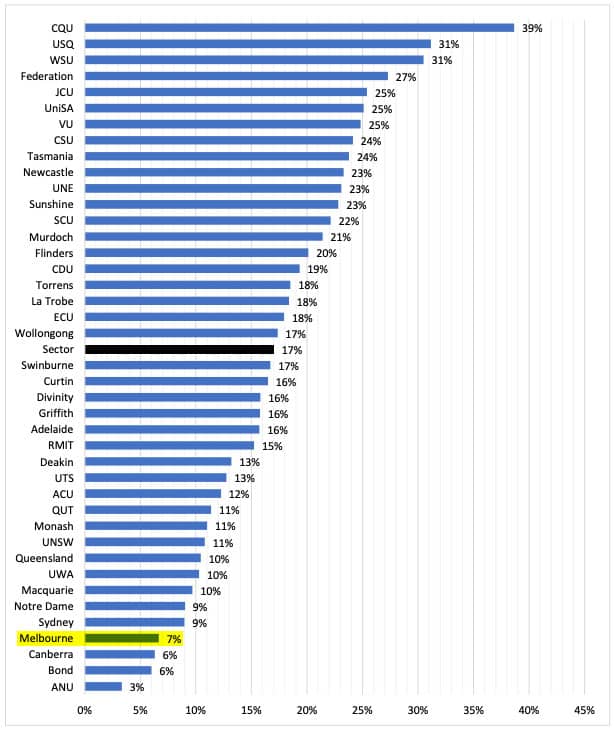
“Since the introduction of student fees we have not solved the problem of disadvantaged people having access to higher education.”
University of Melbourne is home to the most expensive MBA in the country, with fees for their Senior Executive MBA topping $136,000 in 2023.
While the cost of free university to the public has been tipped at around $69 billion over 10-years, Maskell remains optimistic that the outcome will be a net positive.
“This is fundamentally about the kind of population that we want to shape for the future of the country. I believe that, generally, the more educated a population is, the higher the standard will be for many different things.”

